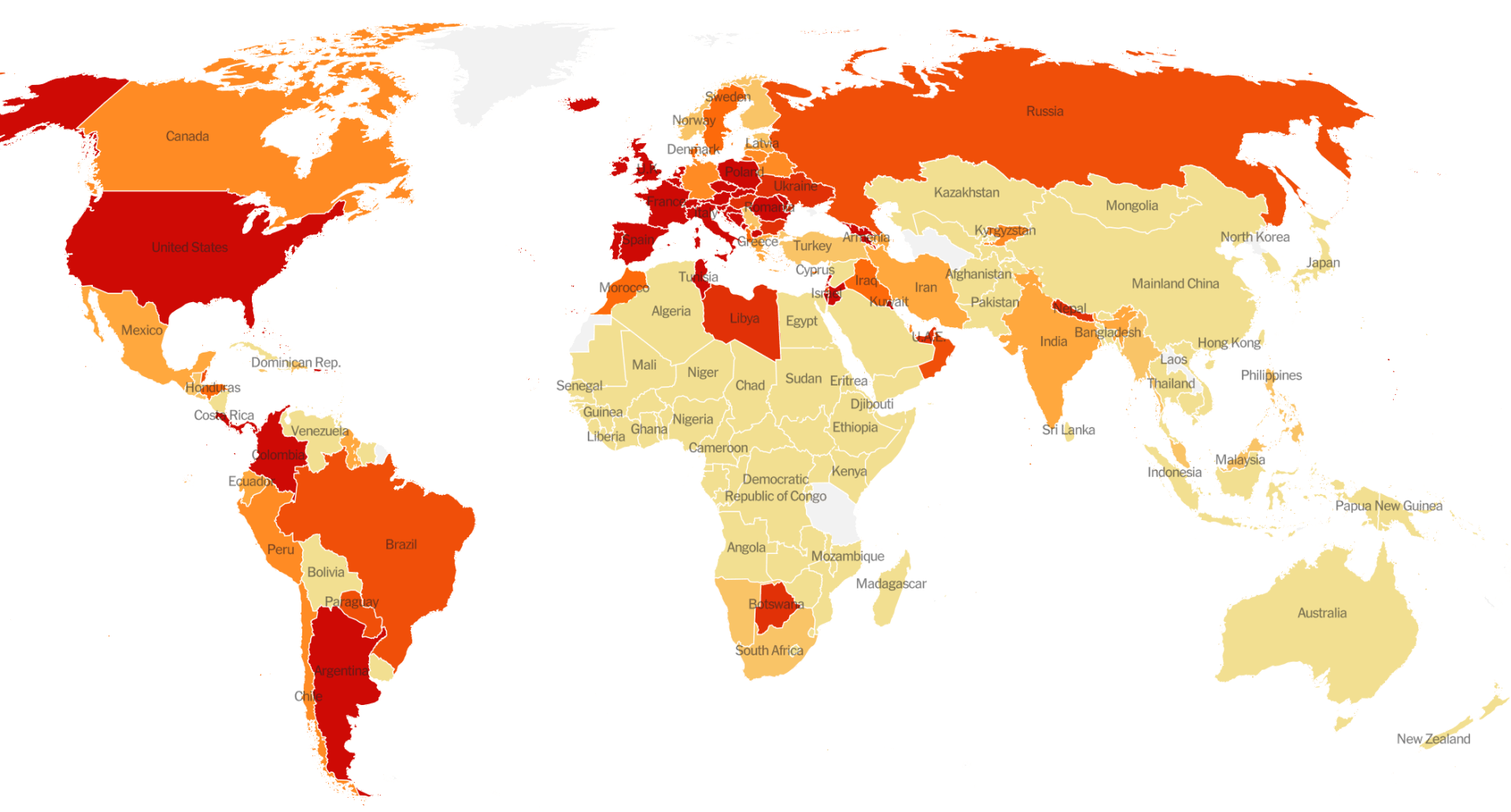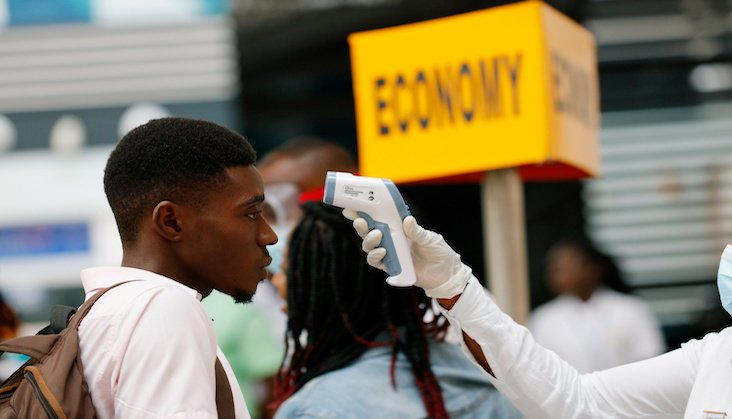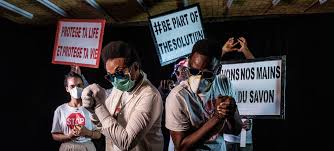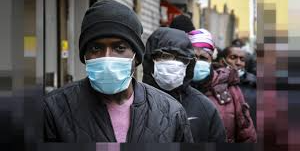Placeholder for Title
How to kickstart tourism post-COVID19

We are currently experiencing a second wave of the COVID19 pandemic, which strongly varies per country. In parts of Europe which were doing well, new contaminations are skyrocketing. In most cases it seems clear that this is caused by the -too early too much?- eased restrictions, such as lock down, holding of gatherings etc., in combination with lack of discipline in the implementation of remaining measures. Around July travel restrictions were eased and people were eager to start travelling again, especially after having been restricted for several months. There are, for a part, considerable protocols when traveling, but it is possible to visit a good number of countries.
In the early stage of COVID19 it was predicted that Africa would be hit very hard by the pandemic due to the poor health care systems and congested living conditions of millions of people. Tens of millions of infected people and millions of deaths were predicted. To almost everybody’s surprise this has not happened, as the map shows.
The fact that African governments have reacted swiftly on the pandemic and implemented strong measures, the overall unfavorable temperature for the virus in Africa, the experience with previous epidemics such as Ebola and the general better immune system of African population as they are continuously exposed to viral threats etc. are suggested reasons for this development. But the numbers might also be quite low because the relatively small number of tests done due to lack of capacity. Let us hope that there is not in fact a large number of undetected COVID19 cases, but only time will tell.
The measures, especially the lockdown and closure of all tourism and hospitality and other industries caused millions of workers to be laid off, means that they do not have an income and cannot feed their families. During recent trips in Africa I found the measures a “mixed bag”; efficient restrictions and protocol on one side, in airports and some institutions, and lack of implementation, such as wearing masks and social distancing, on the other -general public- side.
In recent publications and webinars the relaunch of African tourism Post-COVID19 was discussed and it was raised if African tourism could benefit from the fact that the COVID19 related risk is minimal in Africa.
As much as I would want this to be true, I feel that we are getting carried away and ignoring some relevant facts.
A fair number of high-net-worth travelers will start traveling to destinations who have done their homework in terms of protocol etc. But we all know that tourism (traveling as a whole) in Africa is expensive due to high air fares, visa etc. The increased protocol means that every traveler will have to get a COVID19 test prior to the trip, which is both cumbersome and means increased cost.
The biggest potential to revive travel and tourism in Africa remains domestic tourism within the Africa countries or sub-regions, especially in destinations that can be reached by car.
But the majority of those who think of vacation in Europe and other parts of the world do not think of Africa as a possible destination and in some countries USA travelers are considered as “high-risk”.
The reason is more structural: the lack of marketing power of Africa and its’ reputation as a tourism destination. Several tourism regions have built a good reputation and manage to attract substantial numbers of tourists, such as South-Africa, Kenya, Morocco, Egypt, Gambia & Senegal and Indian Ocean islands, to name a few but many other countries have far less marketing power and reputation. In this situation with this uneven start and a reduced airlift, the second drawback becomes apparent; the situation requires swift and strong, decisive action. With the economic downturn due to the pandemic the funding for tourism marketing from government side have often dwindled. Governments are making huge debts for various stimulus packages and tourism marketing is often not high the priority list.
But public sector is generally not known for swift and decisive action, compared to private sector, though there are some efficient and professional tourism agencies who do great work.
But Africa has a “reputation”-problem, besides some popular areas, which lacks nuances and is not justified in many cases. The lack of knowledge of the “general” public about Africa will remain a big hurdle to market tourism. Most people speak of “Africa” and are not aware that there are 54 countries in Africa, each one with its own profile, including pros and cons for tourism.
There is a lot of hard work to be done to develop and market tourism but when done the right way things can look differently and the industry and societies may be more resilient 10-20 years from now.
At this point in time I strongly suggest focusing on domestic tourism, which is structurally the fastest and easiest to revive, irrespective of the pandemic.
Let us keep moving and working hard to get back on our feet again!



